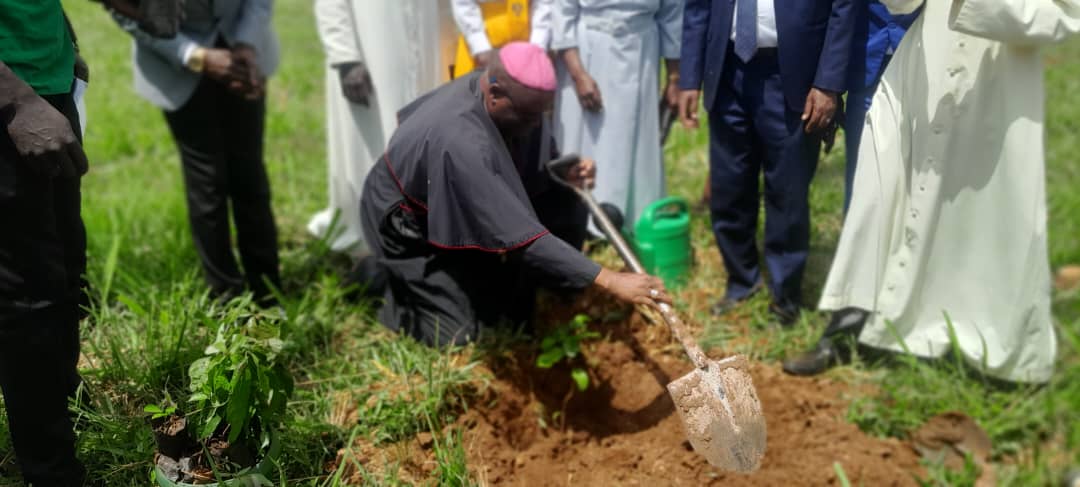
By Steward Bua

Lira University is currently developing a curriculum focused on organic farming to combat the environmental threats posed by excessive chemical use in agriculture. This initiative was announced by the university’s Deputy Vice Chancellor, Associate Professor Opio Okaka Dokotum, during a research project dissemination workshop on agroecology held at the university.
The research, conducted by the Eastern and Southern Africa Small Scale Farmers’ Forum (ESAFF) - Uganda, in collaboration with Lira University and Lund University in Sweden, aimed to identify solutions to the environmental challenges caused by the overuse of chemicals. The study focused on government and international agency interventions to promote sustainable agriculture while addressing the negative effects of industrial farming on the environment.
Titled "Farmer's Organizations Mobilizing for Political Opportunities" (FOMPO), the research, which covered Uganda, Ghana, and Zimbabwe, also highlighted the inadequate emphasis on building smallholder farmers' capacity to use local knowledge rooted in the cultural and economic histories of their communities. This has led to the marginalization of indigenous agricultural practices in favor of externally produced agricultural knowledge, which has negatively impacted Uganda’s farming systems.
To address the environmental harm caused by industrial agriculture, Prof. Dokotum revealed that Lira University is in the process of creating a curriculum on organic farming. Once developed, this curriculum will be offered as a certified course at the university, and could potentially be adopted by other institutions.
“The program will help students embrace organic farming, or agroecology, and encourage communities to restore indigenous agricultural species that were once essential in protecting the environment from the impacts of climate change,” said Prof. Dokotum.
Hakim Baliraine, Chairperson of ESAFF Uganda, praised the partnership with Lira University to develop this curriculum, emphasizing its importance in mitigating the dangers of excessive chemical use in farming.

Ellinor Isgren, Associate Professor and researcher at Lund University, expressed her optimism about the curriculum, noting that the research had provided valuable insights into strengthening and expanding organic farming practices among small-scale farmers.
Lawrence Egole, Resident City Commissioner of Lira, welcomed the initiative, noting that if the curriculum is developed and adopted, it would promote the use of organic fertilizers and farming techniques that protect the environment, reduce chemical use, and help combat the health risks associated with chemicals in farming.
“Today people are in self-poisoning because of the way we eat, and this is arising from eating a lot of chemicalised foods, I think this is one of the best ways Lira University can help this country and even Africa because now people are dying from different kinds of cancer as a result of eating what they don’t understand,” Said RCC Egole.

At the workshop, members of ESAFF shared their experiences with agroecology, while also criticizing agricultural experts for their lack of support for organic farming, which has contributed to the environmental burden of conventional agriculture.
The workshop brought together organic farmers from districts such as Masaka, Kabaale, Apac, Zombo, Amuria, and Amuro, where the research was conducted, along with ESAFF board members, academics, researchers, and other agriculture stakeholders.
END



